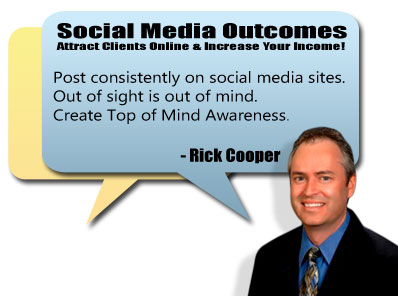 What can you learn from a billionaire?
What can you learn from a billionaire?
I imagine you can learn a lot.
Peter Thiel is an Angel Investor and Venture Capitalist. His net worth was $2.2 billion as of January 2015.
He co-founded a little company called PayPal in 1998 along with fellow billionaire Elon Musk and Max Levchin. Thiel acquired a 10.2% stake in Facebook in 2004, investing $500,000 in the new company. He is passionate about startup companies.
Peter is author of Zero to One: Notes on Startups, or How to Build the Future.
More on his book in a moment.
The Wall Street Journal interviewed Peter Thiel on the topic of competition. I encourage you to watch the video below. You may pick up a few ideas.
Wall Street Journal Video Interview with Peter Thiel
Zero to One (Lessons from the Book)
As I understand it, the phrase Zero to One refers to the act of creation. You move from a state of nothing to a state of having created someone new and fresh. Think about companies like PayPal, Google, and Facebook.
In his book Zero to one, Thiel talks about what differentiates successful startups from those that fail.
I read a summary of the book and extracted a few golden nuggets.
Here are 3 valuable lessons from the book:
1. Founding a company is just like building a house.
You can’t build either on a flawed foundation. He makes a point in the book that the most successful startups in the future will be ones that innovate an entirely new concept, not simply build upon what others have already created.
2. Build a business that has a unique competitive advantage where rivals cannot enter.
Thiel contrasts Google vs. the airline industries. Airlines are extremely competitive whereas Google is more of a monopoly. Google is extremely profitable because it can focus on innovation rather than competition. The airlines are barely profitable.
3. You can create your own success
Steve Jobs is a perfect example of someone who envisioned and executed long term plans to distribute innovative products.
There is no doubt Jobs was a genius. He was a visionary who anticipated what customers would want even before they knew what they wanted. Clean, simple designs won Apple satisfied customers willing to evangelize the brand and spread the word.
In my opinion, Thiel’s advice in the book is well suited for technology companies with a creative team and money to spend. The average small business owner may have a hard time applying some of the lessons in the book. But, I will reserve judgment until I have read and re-read the book.
At any rate, studying a book like this will get you to think bigger, to think globally and to stretch and grow.
Rick Cooper
Online Marketing and Social Media Trainer



Connect with me Online: